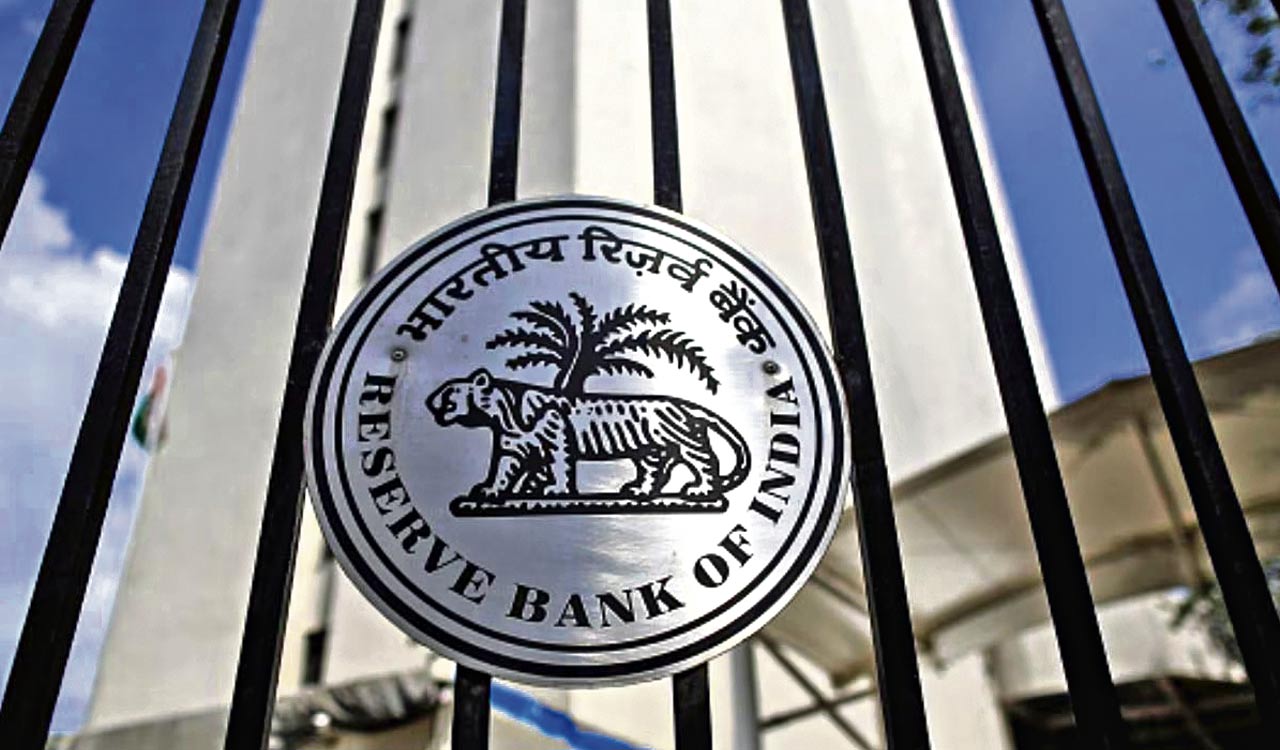The Reserve Bank of India (RBI) has launched a thorough review of the country’s e-wallet ecosystem following the recent fallout from the BlueSmart scam, a case that exposed serious vulnerabilities in digital payment platforms. This move signals a sharp focus on protecting consumers and tightening regulatory oversight in India’s fast-growing digital payments sector.
The BlueSmart Scam: How It Shook Digital Payments
BlueSmart, once touted as a rising star in the Indian e-wallet market, collapsed in early 2025 after customers started reporting missing funds and blocked accounts. The company had amassed over 10 million users, handling hundreds of crores in transactions monthly. However, users began complaining about delayed withdrawals and untraceable money transfers.
Investigations revealed that BlueSmart operated without proper regulatory clearance, maintained weak security protocols, and lacked transparent financial management. Many users lost significant sums, ranging from a few thousand rupees to lakhs, creating widespread panic and distrust in digital wallets. The scam put the spotlight on gaps in RBI’s monitoring and enforcement mechanisms for payment service providers.
RBI’s Immediate Response: What Has Changed?
Following the BlueSmart debacle, the RBI assembled a high-level task force in March 2025 to evaluate the risks across all e-wallet providers. The review covers areas such as licensing, KYC compliance, transaction monitoring, customer grievance redressal, and data security practices.
The task force’s preliminary findings showed that many e-wallet operators have inconsistent adherence to RBI’s 2020 guidelines on prepaid payment instruments (PPIs). Several platforms delayed or partially implemented mandatory Know Your Customer (KYC) checks, raising concerns over money laundering and fraud. The report also flagged weak encryption standards and inadequate fraud detection systems.
Based on these insights, RBI has started enforcing stricter compliance deadlines and increased surprise audits for wallet providers. New directives require e-wallet firms to submit monthly risk assessment reports and enhance transparency on fund handling and escrow accounts.
Consumer Protection: The Core Focus
The BlueSmart incident struck a nerve with users who felt betrayed by a service they trusted to safeguard their money. RBI’s review prioritizes improving consumer protection through clearer rules and faster grievance redressal.
Wallet providers must now establish a dedicated customer support cell reachable 24/7. RBI will also mandate real-time transaction alerts and clear disclosures on wallet limits, charges, and refund policies. Furthermore, RBI plans to create a centralized grievance portal where users can file complaints directly with the regulator.
What This Means for E-Wallet Users
Users should pay close attention to the wallet services they choose. RBI’s review aims to weed out weak or non-compliant players from the market. Consumers are encouraged to use wallets that comply fully with RBI’s KYC and security standards.
Experts advise users to regularly monitor transaction history, enable two-factor authentication, and avoid storing large sums in e-wallets. Digital wallets are meant for convenience, not long-term storage of large funds. Users should also read wallet terms carefully, particularly regarding withdrawal timelines and dispute resolution.
India’s digital payments sector reached over 6 billion transactions monthly in 2024, fueled by widespread smartphone adoption and government initiatives. E-wallets form a significant chunk of this volume, catering especially to small merchants and consumers without access to traditional banking.
RBI’s review seeks to balance growth with security. The central bank plans to introduce tighter licensing norms for wallet issuers, including minimum capital requirements and enhanced audit protocols. Technology standards around encryption, API security, and fraud analytics will also see upgrades.
















